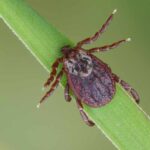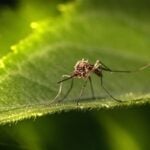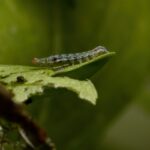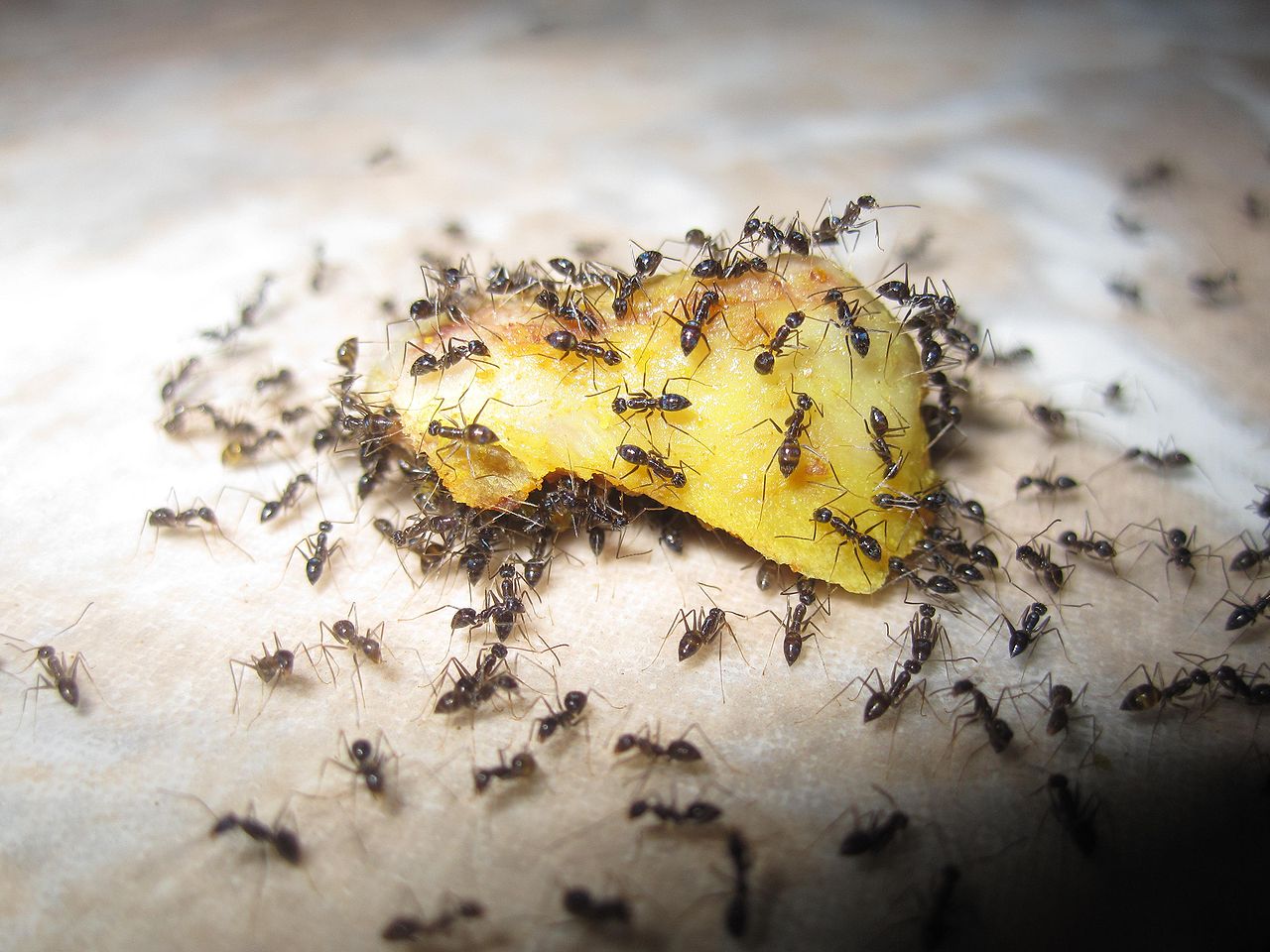
As a new homeowner in Atlanta, it’s understandable if you want to make your home exclusive — that is, it excludes uninvited critters.
Responsibility for keeping creepy crawlers out of your home starts the minute you take ownership. The best thing you can do is to stop bugs from moving in before it becomes a problem. Here’s a pest control checklist for new homeowners in Atlanta.
Remove What the Pests Want
Insects are like humans when it comes to their basic needs. They subsist on food, water, and shelter. Without those necessities, your home isn’t very appealing, and bugs might move on.
Food

Keeping your home free of food crumbs isn’t just for appearances. University of Georgia Extension entomologist Dan Suiter says, “Denying pests access to food is an important component of making our living environment less hospitable to pests.”
Besides clearing the table and wiping it down, there are other steps you can take to keep bugs away.
- Store food in sealed plastic or glass containers, above ground level.
- Wipe down food prep areas, counters, floors, cabinets, and tables.
- Don’t eat in rooms other than the kitchen.
- Don’t pile up dirty dishes. Clean them as soon as possible.
- Put food scraps in tightly covered trash cans.
- Take the trash out often.
Shelter
Deep-clean your new home before bringing in boxes and furniture. It’s much easier to do while the rooms are empty. But bugs are sneaky and may still find a way to invade. They come into your house through holes in your screens, cracks in walls or foundations, vents in the roof and even through your doors. So close off places where pests can enter and hide. Seal off any openings with caulk. Use it around cabinets and baseboards. Fill in any gaps between the pipes and the walls with steel wool. Be sure to check siding joints and windows, as these are prime entry spots for ants and small rodents.
Keep your home clutter-free. Clutter gives pests places to breed and hide and makes it hard to get rid of them. Throw away piles of newspapers, magazines, or cardboard. Vacuum and sweep regularly.
There’s work to do outside your home, as well. Get rid of debris in the yard or against the house. Rake leaves away from the foundation. Trim tree branches and shrubs. Remove stacks of bricks, blocks, and firewood. Clean the gutters, sweep the garage, and keep your lawn mowed and cared for.
Water
Too much moisture around the home attracts bugs, especially termites and roaches. Repair leaky pipes and faucets, as well as roof leaks. Unclog gutters and downspouts. Ensure that rainwater flows away from your home. Position sprinklers correctly. Don’t let water collect in the tray underneath the fridge or around potted plants.
Safely Use & Control Pesticide
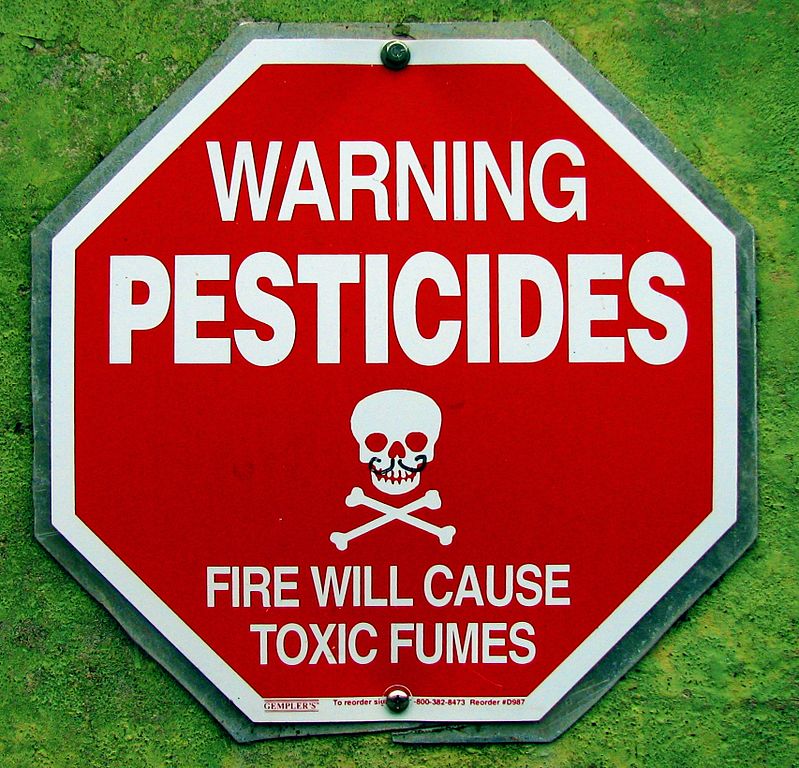
If you’ve done all you can and still find bugs making their way indoors, you may need to turn to pesticides. If this is the case, be sure your family and pets stay safe. Keep them away from areas where pesticides have been applied. Baits may be your best bet, as there is a lower risk of exposure to the poison, as long as they are out of reach of children. Don’t spray an entire room with pesticides; target areas. Use “foggers” only as a last resort because they can be a serious safety and health hazard. Use premixed products so you don’t risk spills of dangerous chemicals. And always read and follow the safety instructions on the label.
Dispose of any leftover product safely. The label will have instructions on what to do with what’s left. The city of Atlanta does not have its own hazardous waste collection program. Instead, it partners with the Center for Hard to Recycle Materials. You can take your leftover pesticides to the CHaRM dropoff facility at 1110 Hill St. SE on Tuesdays, Thursdays, and Saturdays.
Stay on Top of It
Keep up with preventive measures, so all your hard work isn’t for naught. Conduct regular maintenance checks. Inspect your roof regularly, along with exterior brick and siding, making sure cracks stay sealed. Check around the plumbing. Keep an eye on previous areas of insect activity. If you find an occasional bug in your house, don’t fret. That’s perfectly normal and easy to take care of. A quick sweep of a broom will do the trick!



